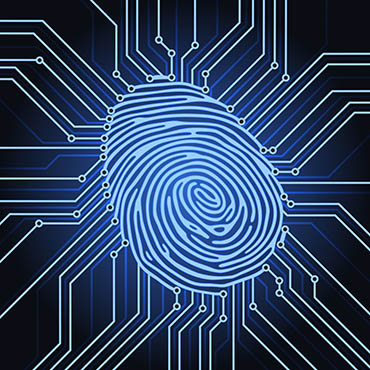Sandia seeks to commercialize unclonable ID tech
The lab is looking for industry help to turn its research into practical authentication solutions.

WHAT: Officials at Sandia National Laboratories are soliciting industry help in developing unclonable digital identification through cooperative research and development agreements that allow transfer of the lab's technologies, processes, R&D capabilities, and technical know-how to the private sector.
WHY:The lab's solicitation says exploding Internet of Things applications -- which include digital cash on mobile phones, command and control for aerial drone, smart meters, smart appliances and point-of-sale terminals -- cry out for more secure digital identification and authentication.
Physically unclonable functions for digital IDs can be used to create encryption keys and random numbers for digital identification. Although they show promise, current implementations have some issues, according to the lab. They can be inconsistent, expensive to maintain and susceptible to modeling attacks.
Sandia said its Quasi-Physically Unclonable Digital ID technology can create an unclonable, dynamic digital identity between two communication endpoints, such as mobile devices. It solves some of the problems by using a device that scrambles data at its point of origin and creates a corresponding device-specific descrambler to authenticate the device.
The data-scrambling device uses macroscopic, intentional anomalies. The lab said its technology is resistant to code cracking because of the integrity and assurance mechanism it uses to authenticate devices rather than relying on traditional confidentiality or encryption functions.
Sandia officials said the technology is distinctive because it combines a unique device identity with a dynamic human identity to create true two-factor authentication.
Responses to the solicitation are due Sept. 26.
Click here to read the solicitation.





